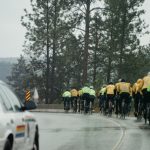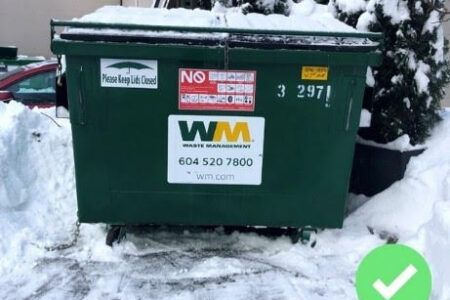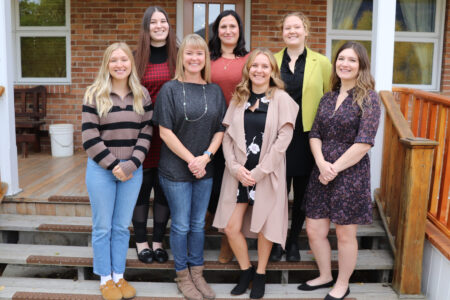COMMENT: Referendums
As a dual citizen, Canadian and Swiss, I have the right to vote in Switzerland’s national referendums. In 2012 there were twelve referendums dealing with issues ranging from animal disease legislation to the application of the state’s gambling revenue earnings.
In March of this year the Swiss voted in referendums concerned with improving day care and family services, land use planning, and giving shareholders greater control over executive pay. In June they voted on asylum law amendments and a proposal for the people to elect federal cabinet ministers individually.
The most recent referendum in September dealt with legislation governing epidemics, regulations governing highway shop opening hours, and a proposal to eliminate compulsory military service. There will be another referendum in November on road taxes. Voter participation typically ranges from 38% to 68%. British Columbia’s referendum record pales by comparison. We had five opportunities, subject to inconsistent rules and only one initiated by citizen petition, to vote on issues in twenty years.
Referendums are not a threat to responsible government any more than elections are. Elections do not instill wisdom in the minds and compassion in the souls of winners and the judgment of the elected is not necessarily superior to the judgment of the voters. The vibrancy of a democracy arises out of the relationship between citizens and the politicians they elect. A democracy where effective citizen participation is restricted to voting in elections two or three times in a decade differs in significant ways from one in which citizens are empowered to take direct responsibility for decisions of particular concern to them.
The HST referendum was the only occasion when British Columbians defined an issue, initiated the process, and where the will of the majority prevailed. Experts debated the pros and cons of retaining the HST, but, right or wrong, we made the decision. The responsibility for the outcome is ours, not the politicians’.
Nothing is accomplished when political parties and pundits blame each other for the consequences of past decisions. One sure way of rendering democracy’s ideals irrelevant is to vote against candidate X because, in retrospect, his or her party is deemed to have made a poor decision. Party “A” having made poor (or wise) decisions in the past does not mean that party “B” will make wise (or poor) decisions in the future. When a democratic society is facing a difficult decision elected politicians and citizens need to be engaged in a debate to fully explore and evaluate the alternatives. The foremost consideration in a democracy is not to render correct decisions; it is to have governments accountable to citizens and citizens responsible for their own governance.
We know from experience that “If elected I will” can be an empty promise under a system which converts 36 percent of the popular vote into a parliamentary majority. We know from experience that “representing the people” rings hollow when those we elect take their marching orders from party leaders. The essence of democracy is to give citizens the power to say NO when they deem their government to be heading in the wrong direction and to say GO when their government is indolent. The Swiss example demonstrates that governments can be accountable and open when the system enables citizens to have the final say.
The HST referendum demonstrated that we can take responsibility for decisions that affect our lives. There are rumblings about a citizens’ initiative in the HST model on the decriminalization of marijuana. Whether or not I support the idea is irrelevant. My point is that when citizens care about an issue, they should act and assume responsibility for the decision. Pipelines, health care, education, power meters, and the ferry service are just a few of the subjects that citizens could and should be voting on.
Andre Carrel is a retired City Administrator, journalist, author, and full-time grandpal.
























Comments